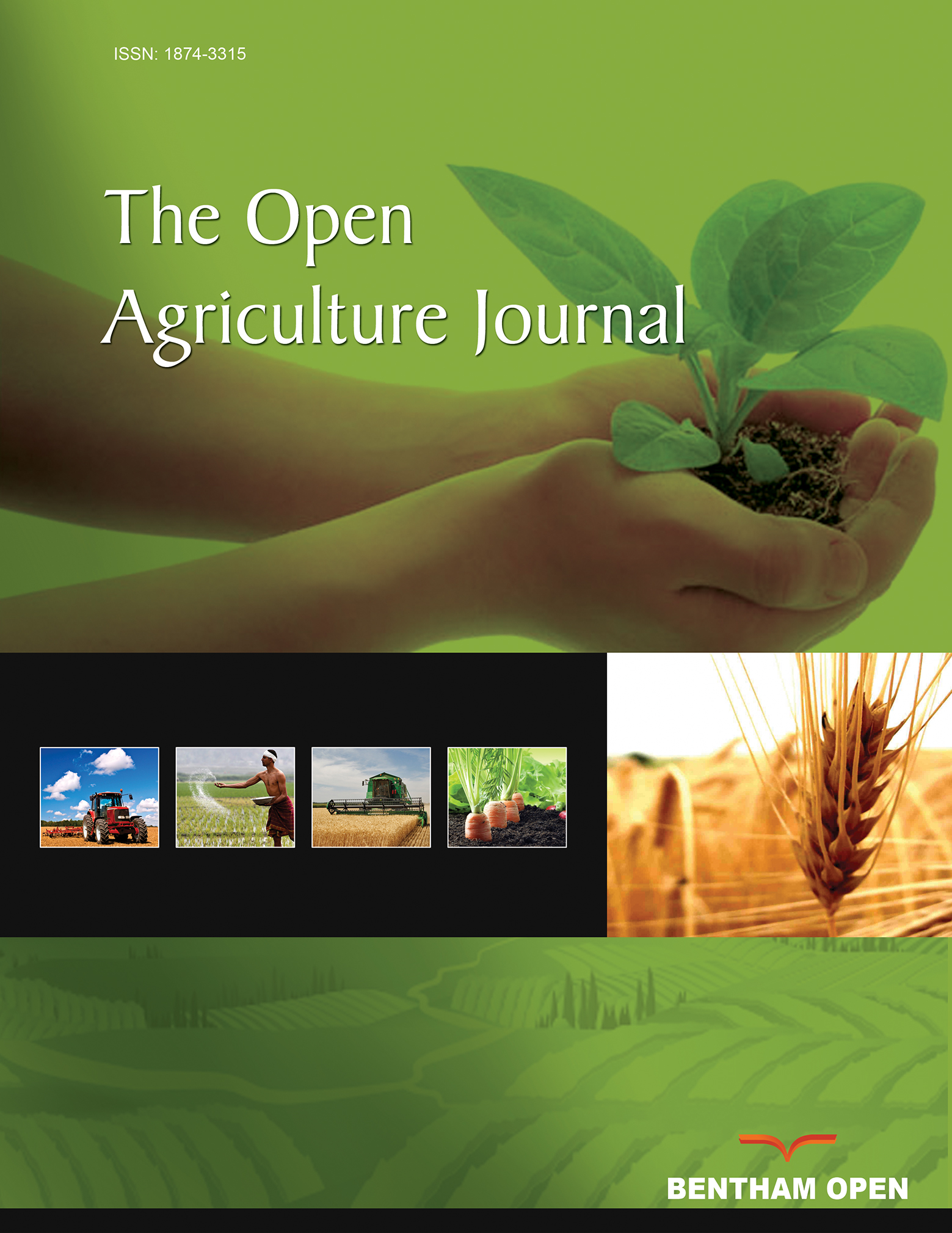All published articles of this journal are available on ScienceDirect.
Transition Pathways to Sustainable Pastoral Systems in Europe
Abstract
Large Scale Grazing Systems (LSGSs) in Europe are extensive systems of grassland management, which have developed from the interaction of historical background, human behaviour and natural resources, and are mainly located in the Less Favoured Areas (LFAs). LSGSs currently face competing threats towards intensification and/or abandonment but, at the same time, they harbour a significant part of European nature values. Socio-economic driving forces of land abandonment and intensification are poorly addressed. The current system assumes that these LSGSs are inherently uneconomic and only payments for the potential delivery of environmental services and side line activities are the source of continuity and justification of support. Our conceptual approach, however, is based on the assumptions that endogenous development and targeted policy schemes cannot be disregarded. A framework profile is provided for the identification and description of European LSGSs where regeneration plans can be more cost-effective. Under this conceptual approach, operational tools such as pastoral strategies for survival and system-specific management alternatives can be devised for interplay of environmental and socio-economic functions, facilitating interdisciplinary research within and across systems. From the empirical perspective, we show how the trend of abandonment of LSGS in the last 60 years is spread over different regions of Europe, how management alternatives are designed for six separate LSGS, and how beneficial management alternatives, environmental functions and side line activities cited by experts on an additional sample of 46 European LSGS are grouped by type of action. We conclude that the continuity of LSGSs in the European Union (EU) may require a new and sustainable intensification path with new farming models and farming categories as far removed from the conventional intensification path as from the low-input, nature reserve and generalised policy support paradigms. Beneficial management with key actions can be a sensible rationale for specific and dynamic support to LSGS in the next CAP reform post-2013, time of stressing budgetary conditions.


